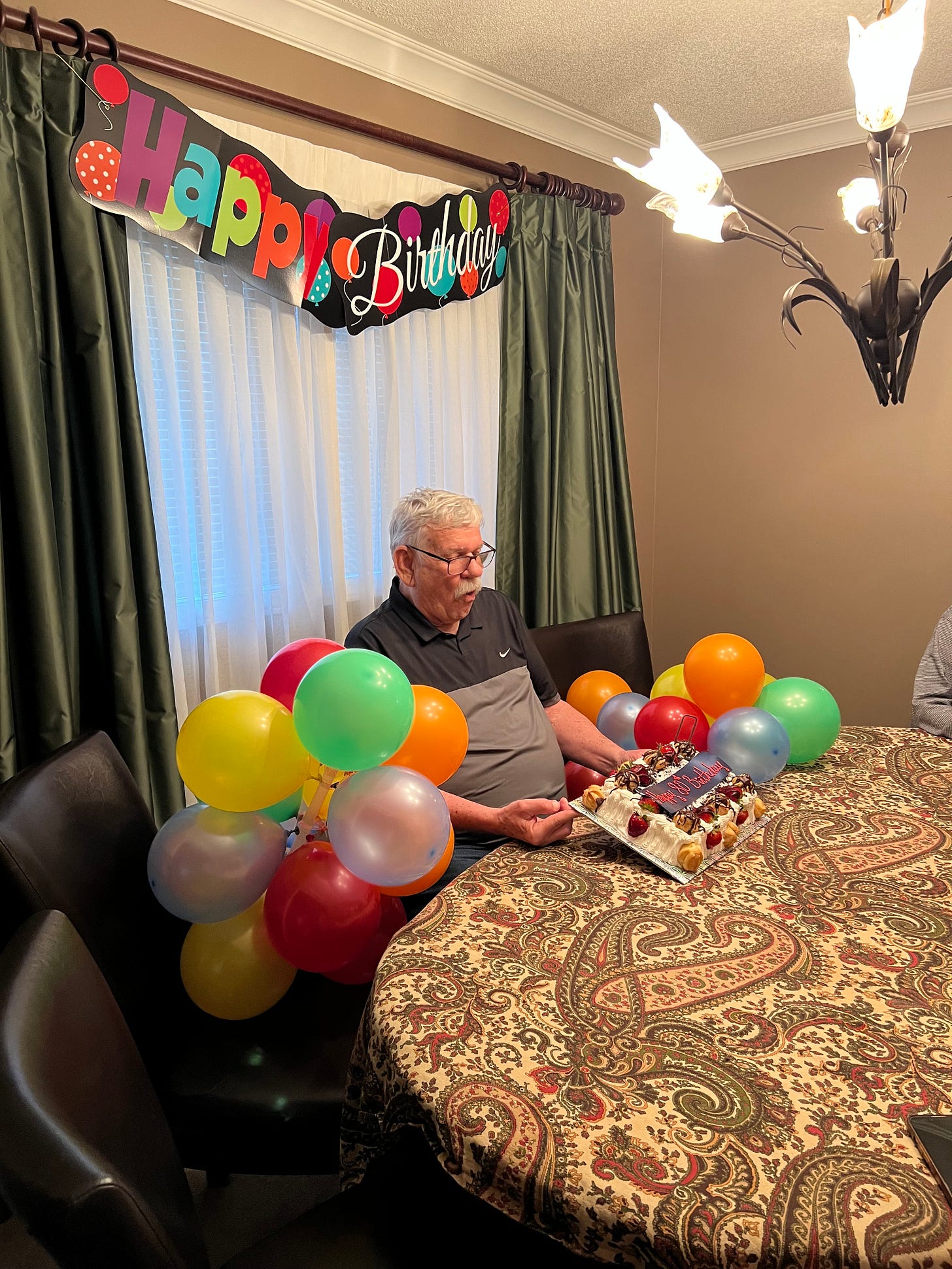Sleep Drives Performance
Another early morning flight. I'm just 30 hours removed from an incredible five-day stretch of business at NBA Summer League in Las Vegas. I flew home for one night—to celebrate my dad’s 80th birthday—and now I’m back at the airport, heading to the NSCA National Conference in Kansas City. Somewhere between the exhaustion and the adrenaline, a simple but powerful thought hit me: How many athletes are trying to perform under this exact kind of fatigue—and breaking down not because they’re undertrained, but because they’re under-recovered?
Let’s be clear: fatigue isn’t a weakness. It’s a warning sign.
A groundbreaking study published in Sensors (2025) revealed what many of us have long suspected—sleep deprivation significantly reduces the ability to sustain isometric force. Researchers observed 35 healthy young men performing isometric biceps contractions in both rested and sleep-deprived conditions. The findings? Lack of sleep disrupts brain–muscle communication—cutting force output and shortening endurance.
Specifically, connectivity between critical motor control areas—Brodmann areas 1-5 and the right premotor cortex (BA6, BA8)—collapsed after sleep loss. The brain simply couldn't maintain command. Muscles didn’t fail; the signal did.
Worse, the directional flow of communication—measured through partial directed coherence (PDC)—became distorted. The motor cortex sent weaker, scrambled instructions to the biceps, and the feedback loop from the muscles to the brain was degraded. EMG data confirmed early fatigue patterns: reduced frequency, altered firing, and compromised neuromuscular efficiency.
For athletes, rehab patients, and performance professionals using tools like Isophit to train isometric strength, this study drives home a simple truth: if your brain isn’t rested, your body can’t perform.
Isometric strength isn't just about muscles. It’s about neurological endurance. Sustained force production demands sustained neural input—and that means quality sleep isn’t optional. It’s foundational.
Somedays you don’t need more training volume. You need more recovery capacity. And that starts with better sleep.
At Isophit, we help the world’s strongest, fastest, and most dominant athletes to win more, hurt less, and age stronger!
Join Team Isophit at www.isophit.com




